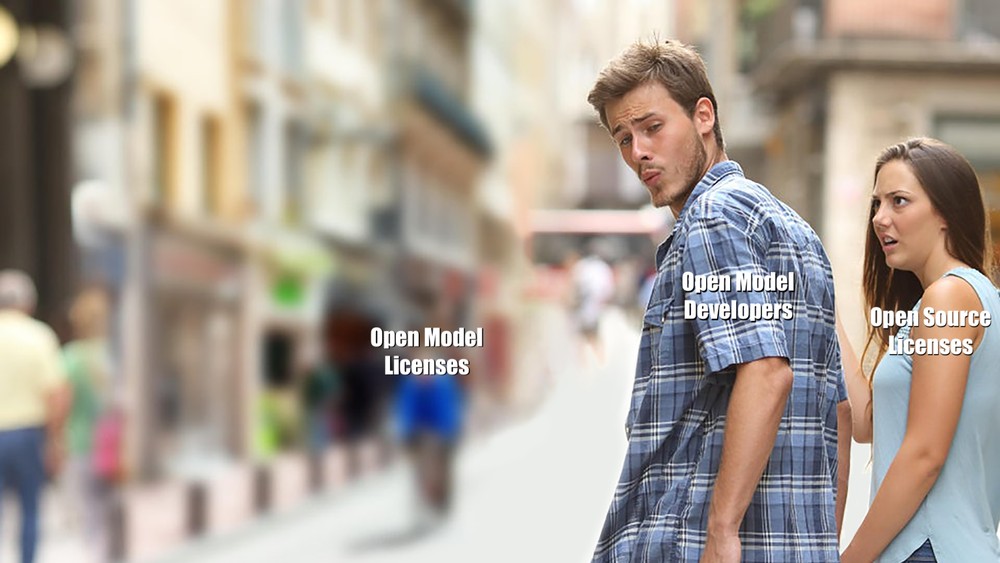Coqui Public Model License

Introduction
Currently, open model licensing is broken… very broken.
To help fix this, Coqui is releasing the Coqui Public Model License (CPML), an open model license created through a collaboration with Heather Meeker, a world-leading expert on open source licenses.
At Coqui, it’s our sincere hope that the Coqui Public Model License (CPML) will not only serve our needs but will be of use to the greater machine learning community.
Model Licensing is Broken
Calling the current state of affairs “broken” is an understatement. Can something be broken if it doesn’t exist? (A philosophical question that we don’t even know how to begin to answer.)
However, what we do know is that a majority of open models use open source licenses. BERT is under Apache 2.0, GPT-2 is under MIT, Whisper is MIT, and on and on. Naively this makes some sense. If you squint, a model and source code are both just strings of bits. So, why not use an open source license for a model?
This naive view is, however, unfortunately missguided. Models and source code are very different things, and a source code license doesn’t necessarily apply to a model. To see this you just need to look at likely the most straightforward license there is, the MIT license. It begins…
Permission is hereby granted, free of charge, to any person obtaining a copy of this software and associated documentation files (the “Software”), to deal in the Software without restriction…
Applying this license to a model, say GPT-2, the first question one would run into would be: Is a model software? A little “think” would lead one to the very next question: Well, what is software?
Thomson Reuters Practical Law defines software as:
A computer program or set of instructions that controls the operation of a computer or similar electronic device, including in the form of object code (machine readable) or source code (human readable).
It’s clear that the GPT-2 model isn’t software in this sense. The raw GPT-2 model, without a program that uses it, clearly isn’t “a computer program or set of instructions that controls the operation of a computer or similar electronic device”. In particular the GPT-2 model isn’t object code or source code.
So, what does releasing GPT-2 under the MIT license mean legally? The jury is still out on that one.
Coqui Public Model License (CPML)
This, and even worse headache inducing problems encountered in trying to apply an existing open source license to a model, led us to the conclusion that we needed to create a new model license whole cloth. There really was no other choice.
The new license we created, the Coqui Public Model License (CPML), will be something we will use going forward and something we hope the broader machine learning community can adopt too.
Generally, we’ve constructed the Coqui Public Model License (CPML) to be an open model license, that allows for non-commercial use of the model, non-commercial use of the model outputs, and allows for use of the model and model outputs by charitable organizations and the like.
For all the license details you can refer to the text of the Coqui Public Model License (CPML). To check out the first time the Coqui Public Model License (CPML) was used for a model, you can read XTTS: Open Source Release Announcement.